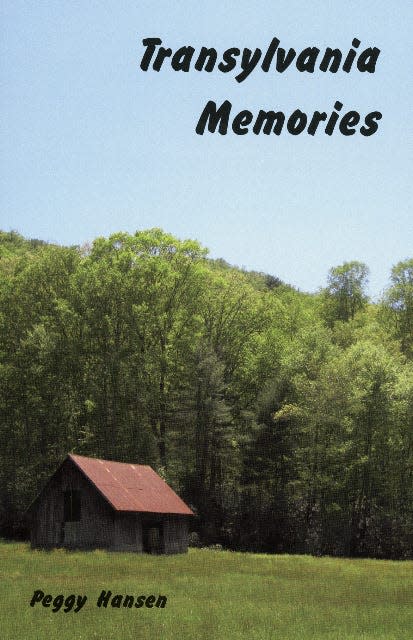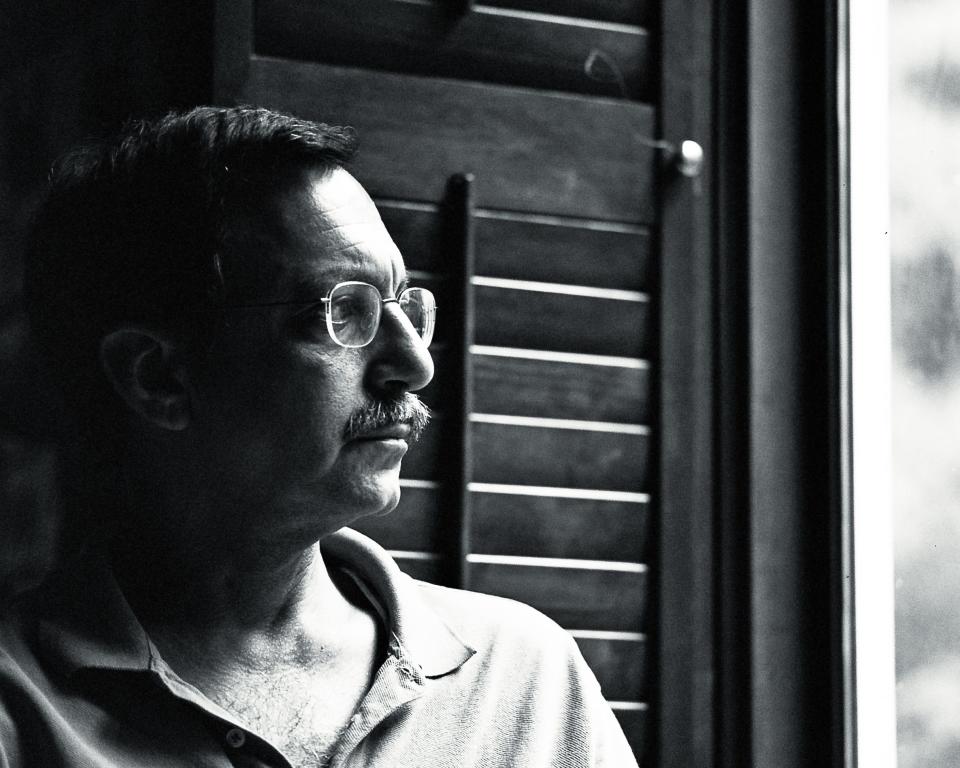Visiting Our Past: Transylvania residents recall life before WWII

- Oops!Something went wrong.Please try again later.
"I was born on September 27, 1918," 93-year old Rass Allison told Peggy Hansen, author of a book, "Transylvania Memories," a collection of interviews.
Rass is Allison's nickname. When he was a boy in Pisgah Forest, John Smith, a black man driving Allison's father's grain to the mill, helped him out with his image.
Smith looked at Allison's long, curly locks as he sat beside him on the wagon and told him his "hair made him look like a girl." Also, Smith said that "his name 'Francis' was a sissy name. John said that he was going to call him 'Rastus,' a common name among his slave ancestors."
Though Allison's father was the great-nephew of poet Sidney Lanier, it was a life of hard work for Rass on the farm his mother had inherited from her grandfather, Eli Patton.
Patton, notes Mary Jane McCrary in her 1984 history, "Transylvania Beginnings," operated the Davidson River Iron Works for the Confederacy, and had owned a large estate with slaves, some of whom stayed on as employees after the Civil War. He operated a dairy and died after being gored by a Jersey bull.
Rass's mother, Jessie Adelaide Poor Allison, helped run the ongoing dairy business and operated a boarding house. Her children churned butter sold to Brevard Institute and Eagles Nest Camp.
Jessie had sent her children off on their long walk to school with lard buckets filled with three biscuits, Rass recalls — "one with molasses in it, another with an egg, the third with something else."
Another boy's mother packed creasy greens in his bucket. He tired of it, "so he traded buckets with another boy whose bucket was real heavy. When he opened the bucket for lunch, it had two hickory nuts and a hammer inside!"
Larue Curtis "L.C." Betsill, another elder Hansen interviewed, grew up in one of the Black communities in Brevard during the Depression.
L.C.'s parents were able to send him to the Rosenwald School in Brevard, the result of Sears Roebuck philanthropist Julius Rosenwald's mission to build schools for African-Americans in the rural South.
Reading Booker T. Washington's "Up from Slavery" changed Rosenwald's life, and he worked with Washington to establish the Rosenwald Fund and its rules.
"State and county officials had to cooperate with local citizens of both races to win approval for a grant," Betty Jamerson Reed notes in her book, "School Segregation in Western North Carolina." "Some money had to find its way from white wallets."
"In addition," Reed writes, "blacks emptied their pocket change into the enterprise."
When Betsill first attended, the school included a farm. L.C. and his buddies got in trouble playing in the woods when they should have been collecting wood for the next morning's fire, and for grabbing a couple of chickens and killing them for a campfire roast.
After attending Brevard's Rosenwald school, which burned down in 1941, L.C., like many other African American children, had to take long bus trips to go to high school.
Transylvania "was one of the first counties in the state to integrate," Betsill adds. The county "didn't have a high school for the black students. The white school was just right over there, across the street, almost in the black neighborhood! But we couldn't go to it.
"Some folks went to federal court in the 1960s to demand the black students go to school here, and they won!"

Rob Neufeld wrote the weekly "Visiting Our Past" column for the Citizen Times until his death in 2019. This column originally was published Nov. 21, 2011.
This article originally appeared on Asheville Citizen Times: Visiting Our Past: Transylvania residents recall life before WWII

